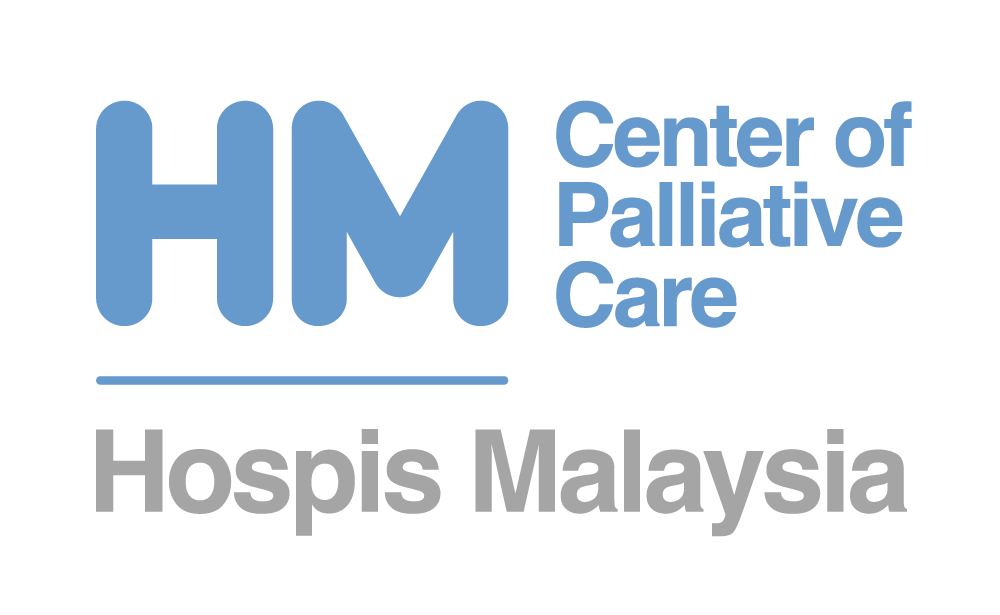Resources > Hospis Malaysia Palliative Care Symposium 2025
Palliative Care Symposium 2025
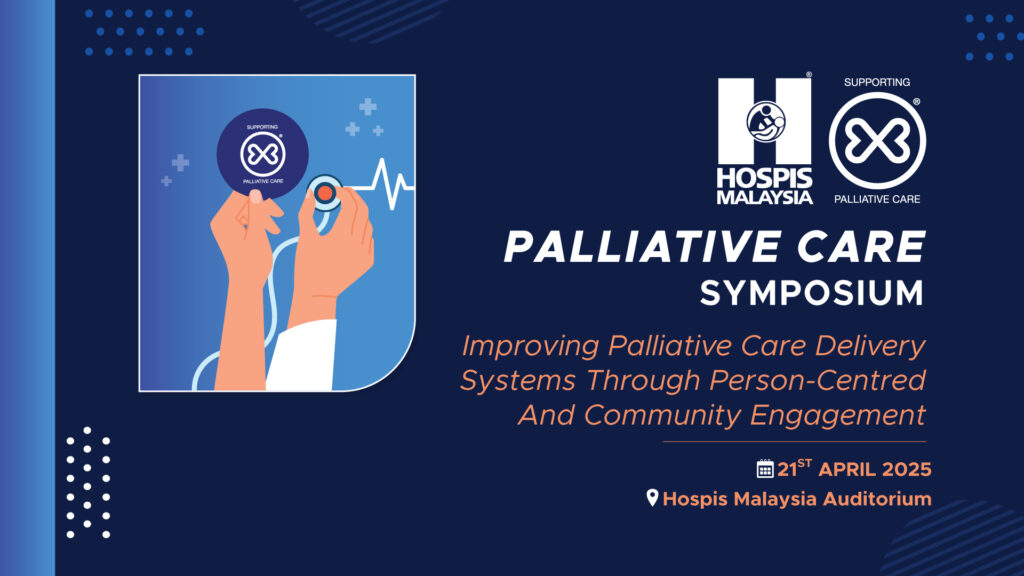
Hospis Malaysia Palliative Care Symposium 2025 brought together more than 60 healthcare professionals, policymakers, advocates, and thought leaders from across the region — united in advancing and strengthening palliative care. Our heartfelt thanks to all presenters and participants for making it a success.
This year’s symposium featured international speakers who shared insights on building care networks, co-designing with patients, strengthening community care, and embedding humanitarian values into health systems. Their experiences inspired us to rethink what’s possible for palliative care in Malaysia and the region.
We invite all participants and interested healthcare professionals to explore the session summaries and presentation videos to continue the learning and collaboration.
To request access to the presentation videos, kindly click here.

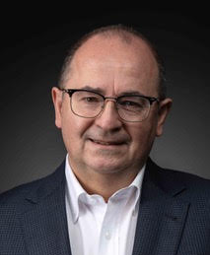
Title: Bringing WHO Quality Indicators into Action
Prof. Carlos Centeno, a palliative care physician, says simply, “I feel well with a patient.” So why step away from the bedside to work with data? Because to him, numbers are never abstract – they represent people.
As Director of the ATLANTES Global Observatory of Palliative Care, Prof. Centeno sees global gaps in access to care and reminded us that data and compassion must go hand in hand. He shared that in 2025, two-thirds of the world will be underserved or invisible in palliative care.
In order to fix these gaps, needs must be measured. Prof. Centeno helped create the “House of Palliative Care,” a WHO framework that assesses readiness through key indicators, like the availability of trained professionals and access to essential medicines.
Piloted in countries as diverse as Benin, Morocco, and Uruguay, the model has since been adapted globally, including in Malaysia. He also shared key findings from the newly launched APHN Atlas of Palliative Care in the Asia Pacific Region 2025, co-authored with Hospis Malaysia CEO, Dr. Ednin Hamzah, and other global experts.
The Atlas shines a light on the current state of palliative care across Southeast Asia and the Western Pacific, highlighting gaps, resources, and opportunities. With clear comparisons and data visualisations, it’s a powerful tool for advocacy and integration.
Prof. Centeno now helps millions by guiding systems, not just individuals. “To evaluate is not just technical,” he says. “It’s an act of justice. It’s how we care.”
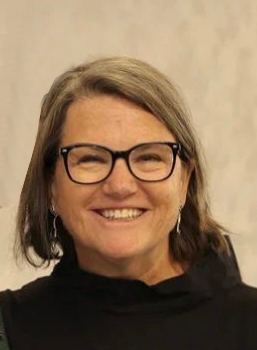
Title: The Importance of Building Effective Networks in Palliative Care
As Technical Officer for Palliative Care at WHO, Dr. Julie Ling spends her days building connections, yet her talk “The Importance of Building Effective Networks in Palliative Care” was her first on the subject.
Her message was clear: big, lasting change doesn’t happen in isolation. It happens when people and organisations share knowledge, collaborate, and align goals. That’s what makes a network different from a group – networks grow, evolve, and amplify impact.
Whether small and local or large and international, networks help spread awareness, build capacity, and influence policy. Dr Ling cited the European Association of Palliative Care (EAPC), which unites 60 member organisations and gives them collective advocacy power.
Misunderstandings about what palliative care is and isn’t persist, even among healthcare professionals. That’s why strong, connected networks are vital: to educate, to empower, and to reach more people with compassionate care.
Dr. Ling’s division at WHO is huge and complex – it covers 53 member states with countless cultural differences. She is nevertheless encouraging individuals to build networks by starting small. Sit next to someone new at conferences. Share what you learn. Join a network. Grow one. Because when we work together, we move palliative care forward, for everyone.
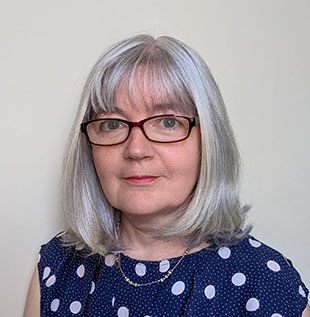
Title: Patient Engagement – Co-designing Palliative Care
In palliative care, patients and families should be treated not just as recipients but as active partners in shaping care. Professor Nancy Preston of Lancaster University emphasises the value of patient and caregiver involvement in both care and research design. Through projects like the Namaste Project, which supports people with advanced dementia, Preston’s team collaborates closely with patients, families, and carers to ensure care is meaningful and compassionate.
Feedback from caregivers like Anne and David helped refine research questions, simplify documentation, and improve communication. For instance, emotionally charged language like “end of life” was removed from forms, and materials were made clearer and kinder. The team also adapted to caregivers’ practical needs, conducting meetings during respite breaks and being mindful of staff routines in care homes.
A core message emerged: genuine, compassionate engagement matters. Patients want to be seen and treated as human beings, not just clinical subjects. Acts as simple as saying a patient’s name or offering a gentle touch can restore dignity and humanity. Ultimately, Preston calls for humility, clear communication, and deep listening as the cornerstones of truly patient-centred palliative care.
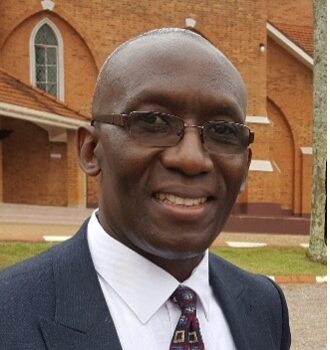
Title: Implementing and Evaluating Policies and Standards to Improve Community Palliative Care
Dr. Emmanuel Luyirika, Executive Director of the African Palliative Care Association, emphasises that policy is not just a statement of intent, but a strategic tool for real and lasting change in palliative care. A well-crafted policy outlines goals, defines how they will be achieved, and sets clear measures for accountability. It also helps uncover existing resources, align local efforts with global standards, and secure vital funding — as shown by the $18 million grant for cancer care in the Democratic Republic of Congo.
Effective policy development requires thorough groundwork, including situation analyses, community engagement, and collaboration across all levels of the health system. Countries like Uganda, Kenya, and Rwanda have shown how locally adapted (“domesticated”) policies can lead to improved coordination and national plans. But success also depends on proper budgeting, standard-setting, and transparent monitoring.
Ultimately, Dr. Luyirika shows that policies, when thoughtfully developed and implemented, are living frameworks that drive action, inspire investment, and lead to better care, stronger systems, and healthier communities.

Title: Developing a Community Specialist Palliative Care Model for Interstitial Lung Disease Patients Using the Medical Research Council Framework
Dr. Sabrina Bajwah, a Clinical Senior Lecturer and Honorary Consultant in Palliative Care at King’s College Hospital, challenges the assumption that care models for cancer patients can simply be applied to those with Interstitial Lung Disease (ILD). Tasked with developing a palliative care framework for ILD, she instead asked: What if the model doesn’t fit?
Recognising that a poorly adapted model might not help the patient; not be cost-effective and therefore not used; and could cause harm to the patient, Dr. Bajwah chose to build a new model grounded in evidence and direct input from ILD patients and their families. Her approach followed the Medical Research Council framework for complex interventions. Solutions must be flexible enough to adapt to individual situations of patients as well as families with different needs and in diverse communities.
Crucially, she uncovered that only a small fraction of ILD patients had ever been asked about their end-of-life preferences. Many felt uninformed and overlooked. Through open conversations, her team identified key needs, such as managing anxiety, understanding prognosis, and creating emergency plans.
Dr. Bajwah’s model emphasises that effective care begins with questioning assumptions and engaging patients as equals – including training community researchers to help build trust and reduce researcher/subject power imbalances. Listening and basing care on real experiences – not outdated beliefs – are essential to creating models that truly serve patients and their families.

Title: Coping to Flourish: The Transformative Journey of Palliative Care Professionals
With 30 years of experience in palliative care, Professor Carlos reflects on the emotional journey of working in the field. While burnout is a familiar challenge, he observes that many who remain grow emotionally stronger and more resilient over time. Alongside the deep sorrow of witnessing loss, he speaks of the profound beauty the work has brought into his life. In a heartfelt address to an auditorium of healthcare professionals, he shares moving, relatable stories that capture both the weight and the quiet grace of a life spent in service to others.
Acknowledging the emotional toll, he outlines four key strategies for coping and growing:
- Recognising vulnerability
- Proactively managing emotions
- Cultivating a holistic approach to care
- Accepting personal limitations
Professor Carlos encourages emotional self-awareness and seeking support through mentorship, emotional training, or forming “microteams” of trusted colleagues. He stresses that caring for patients also means caring for their families, and for oneself.
Spiritual growth and inner peace often emerge naturally over time. He urges new professionals to learn from experienced colleagues and embrace the emotional complexity of the work.
His closing message is one of hope: palliative care is difficult but deeply rewarding. Gratitude from patients and families becomes a source of strength, especially during hard times.

Title: Integrating Humanitarian Values into Palliative Health Systems
Dr. Rachel Coghlan, Board Director of Palliative Care Australia, shared a moving reflection on the deeply human essence of palliative care. Recounting stories from Gaza to war-torn Somalia and historical humanitarian moments like Solferino, she reminded us that comfort doesn’t always come from medicine, but from presence, connection, and compassion.
She posed a critical question: What does palliative care look like when resources are scarce and suffering is vast?
Dr Rachel also brought up a current debate in the humanitarian sector; the need to localise the humanitarian response. This is in order to recognise the important role of local crisis responders – the first to answer, the last to leave.
Whether in crisis zones or quiet hospital rooms, the need is the same – to soothe, to honour dignity, and to offer peace, even in the absence of a cure.
Her message was clear. Palliative care must be local, culturally rooted, and led with heart. Because helping someone feel seen, heard, and held – even in silence – is healing in itself.
“Someone has become lonely here. Or someone’s children died here. Here you can only hug and just be silent. Here, you don’t need to say words. Words like ‘time heals’ don’t work at all. You just listen quietly.”
(Healthcare worker, Ukraine)

Title: Developing Primary Palliative Care Through a Research Process
Dr. Diah Martina, Senior Technical Advisor, Nossal Institute for Global Health shared her experience leading a national research project for the World Health Organization to assess and improve palliative care in Indonesia. Faced with the vast diversity and logistical challenges of a country of over 270 million people, she stressed the importance of evidence-based, culturally relevant policymaking.
When it comes to research from an outside point-of-view, it may seem as simple as asking a few people questions, slapping on a graph and calling it a day. However, as Dr Diah Martina pointed out; an accurate representation would require a lot more work.
Over just five months, her team conducted a three-week public survey, reviewed over 200 articles, gathered field data from 11 provinces, and consulted 14 global experts – including Hospis Malaysia’s CEO, Dr. Ednin Hamzah.
Dr. Diah revealed systemic gaps: insufficient training for nurses, poor policy integration, and the absence of palliative care from national health strategies. Her key takeaway: real change starts with asking the right questions and tailoring solutions to local contexts. Although progress has begun with new laws and policy discussions, she stresses that continued engagement with policymakers and communities is crucial for lasting impact.
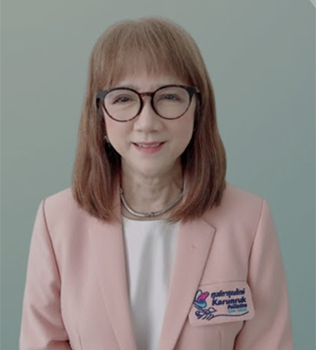
Title: Developing Palliative Care Network in Thailand
Professor Srivieng Pairojkul, Head of the Karunruk Palliative Care Center, shared Thailand’s evolving palliative care journey. Despite the country’s impressive 99% universal health coverage, she disclosed a critical gap: insufficient palliative care units, trained professionals, or access to pain relief and emotional support.
Her team responded with action – training nurses in every hospital ward, expanding access to opioids for pain management, and launching community-based care plans so patients can be supported in familiar, comforting environments. She stressed that patients deserve dignity and closeness to loved ones, not cold hospital beds.
Presently, one or two nurses in each hospital ward, are trained in palliative care. These nurses conduct simple palliative care tasks and when serious cases arise, they refer them to other palliative care professionals and palliative care units.
Dr. Srivieng also called for stronger political will and better policies, backed by accurate, quality-assessed data. Her message was clear: real progress requires person-centred care, accessible services, and leadership that sees patients not as numbers, but as people.
